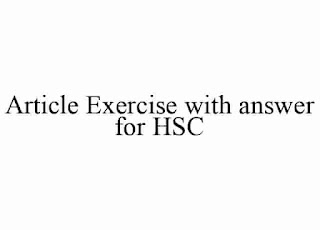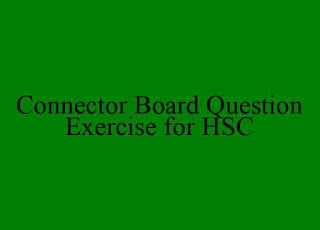Theory of maturation
What is Maturation Theory?
The theory of maturation is based on Lennebergs view which explains the language learning process from a different perspective. It is a rationalist theory.According to this theory, children's development of speech is correlated with age and has a biological and neurological basis. That is without motor development one cannot achieve the ability to speak. So language development is dependent upon new muscular maturity. This theory views as a crucial factor and it is on lateralization of a human brain.
Maturation theory is compatible with Chomsky's theory. Like Chomsky, he says that the beginning of language or the onset of language is similar in all culture. They believe that socioeconomic factors affect the acquisition of language though it may have a result of the difference in style.
Maturation theory is compatible with Chomsky's theory. Like Chomsky, he says that the beginning of language or the onset of language is similar in all culture. They believe that socioeconomic factors affect the acquisition of language though it may have a result of the difference in style.
Unlike the Behaviourists, Chomsky and Lennebergs do not believe that practice is important and crucial in language acquisition. Again the Behaviourists believe that language acquisition is possible for the pressure of need. But the maturatiolist believe that language learning is not the result of pressure.
Lennebergs viewpoint on language acquisition seems a sensible one. According to him, language appears to be dependent on a series of maturational states of readiness within the child, with the one proviso that an environment must be presented giving a certain minimum level of stimulation. Lennebergs, however, developed his theory of maturation with two points. Critical period hypothesis and lateralization of the Brain.
Critical period hypothesis
Lenneberg believes that there is a lower limit of two years and an upper limit fourteen years of age in language acquisition. He reports that children born with normal hearing but who deaf before the age of Two can't acquire language whereas those who go deaf after two can acquire language. But the example of Helen Keller who became blind and deaf at the age of One, and mastered the language by the speech. She had heard before her illness shows that the lower is maturation. Lightbown and Spada say that learning a foreign language is both harder and follows a different learning pattern after puberty than before.
Lenneberg observed that the ability to develop normal behaviour and knowledge does not continue indefinitely and that children have never learned language can't return to normal speaking if these deprivation go on for too long. Lenneberg argued that language acquisition Device called LAD. Like other biological functions works successfully only when it's stimulated at the right time. A time which is referred to as the critical period. The notion that there is a specific and limited time as a critical period hypothesis.
There are two versions of CPH. The strong version is that children must acquire their first language or by puberty or they will never be able to learn from subsequent exposure. The weak version is that language learning will be more difficult and incomplete after puberty. we may give example in favour of the critical period from the studies of the wolf children A “wolf children” Isabella was discovered at six and a half with no language but was normal by eight and a half. But Genie was discovered at fourteen and thereafter acquired language only very slowly.
Maturation Theory Criticism
In some cases Lenneberg's view defines modification. These are as follows- First of all, the phrase sensitive is prefer to "critical period" since some language learning and does take outside this period. Hoefnagle Hole found that adults and 12 and 15 years of children made the fastest of progress. So Lenneberg view of the critical period is not always accurate.Curtis's found that a girl to learn her first language after puberty made some progress. She used her right hemisphere for language and the course of development was different in any way. From that of children acquiring language under normal conditions. So Lenneberg's views of the critical period and left hemisphere that is responsible for language learning are not always correct.
Lenneberg's views of brain damage are also modified. Dennis and Whitaker found there is more likely to be language impairment even in the pre-verbal infants following brain damage to the left hemisphere than to the right hemisphere. Again damage to the right hemisphere has a worse effect on language in the case of infants. Then it does in the case of adults.
Lenneberg's views of brain damage are also modified. Dennis and Whitaker found there is more likely to be language impairment even in the pre-verbal infants following brain damage to the left hemisphere than to the right hemisphere. Again damage to the right hemisphere has a worse effect on language in the case of infants. Then it does in the case of adults.
Lenneberg's idea of language development during the critical period which has fixed characteristic irrespective of the conditions of acquisition is too simple. Because mentally retarded children show a variety of patterns of language acquisition. Thus Lenneberg's proposal of a critical period for language acquisition needs modification.
A certain degree of functional specialized of the brain takes place before the onset of language. So brain damage during this period affects later language development.
Acquisition of a second language after the critical period may be quite efficient and acquisition of the first language may still be possible. The partner of development may depend critically on the information process skills available to the child. So this theory is not always correct.



